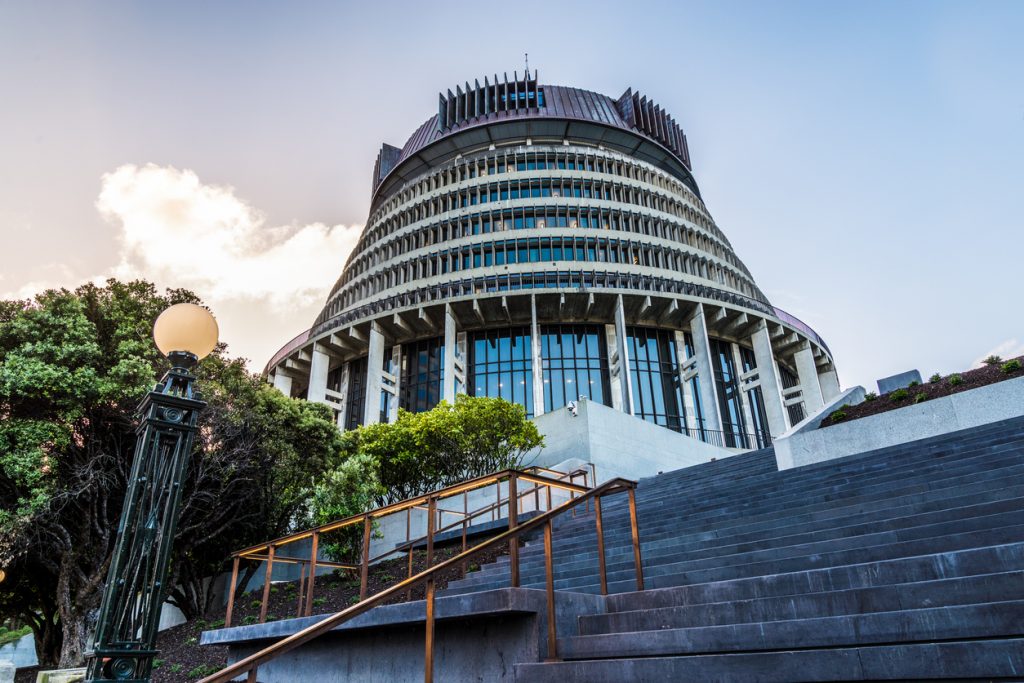Understand Your Rights. Solve Your Legal Problems


New Zealand has voted to legalise euthanasia for those with terminal illnesses, with campaigners hailing the result as a “victory for compassion and kindness”.
The decision appeared as a referendum question on the 17 October general election ballot paper, alongside a second, non-binding question regarding the legalisation of cannabis.
Around 65.2% of voters supported the signing of the End of Life Choice Act into law, with 33.8% in opposition, according to preliminary results. At the same time, 46.1% of New Zealanders voted to legalise cannabis, while 53.1% voted against.
When the new law comes into effect, terminally ill people with less than six months to live will be allowed to choose assisted dying if approved by two doctors. Those suffering mental illness or decline will not be eligible, nor will those who apply solely on the basis of a disability or “advanced age”. Applicants will also need to be registered New Zealand citizens aged 18 or over.
Support for euthanasia has hovered around 60-70% in polls for several years, with both prime minister Jacinda Ardern and opposition leader Judith Collins voicing support. “It’s now clear what we have known for decades that Kiwis want, and have always wanted: the right to die on their own terms,” said Mary Panko, a campaigner for assisted dying.
The End of Life Choice Bill was scheduled for a public referendum last November, after passing 61 votes to 51 in parliament. The results announced on Friday do not include an estimated 480,000 special votes, including overseas ballots, meaning the final outcome will not be confirmed before 6 November. Given the support seen in the early results, however, the decision is unlikely to change.
[ymal]
The law is expected to come into effect on 6 November 2021, one year after the final results are known. New Zealand will become the seventh country in the world to have legalised assisted dying, alongside others including Canada and the Netherlands.






